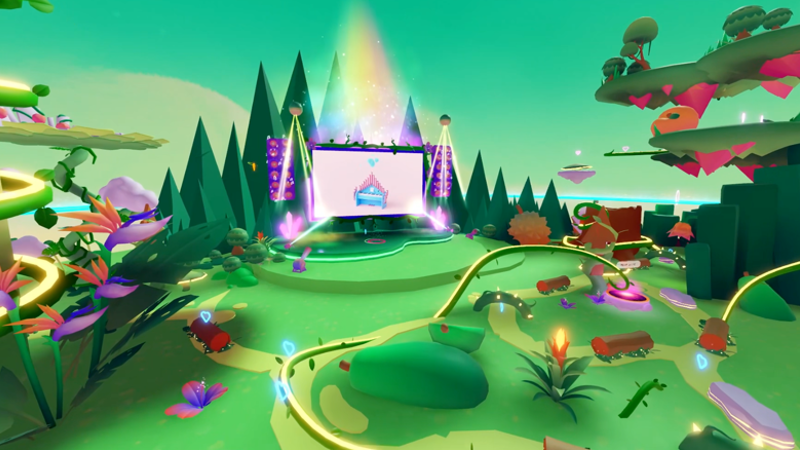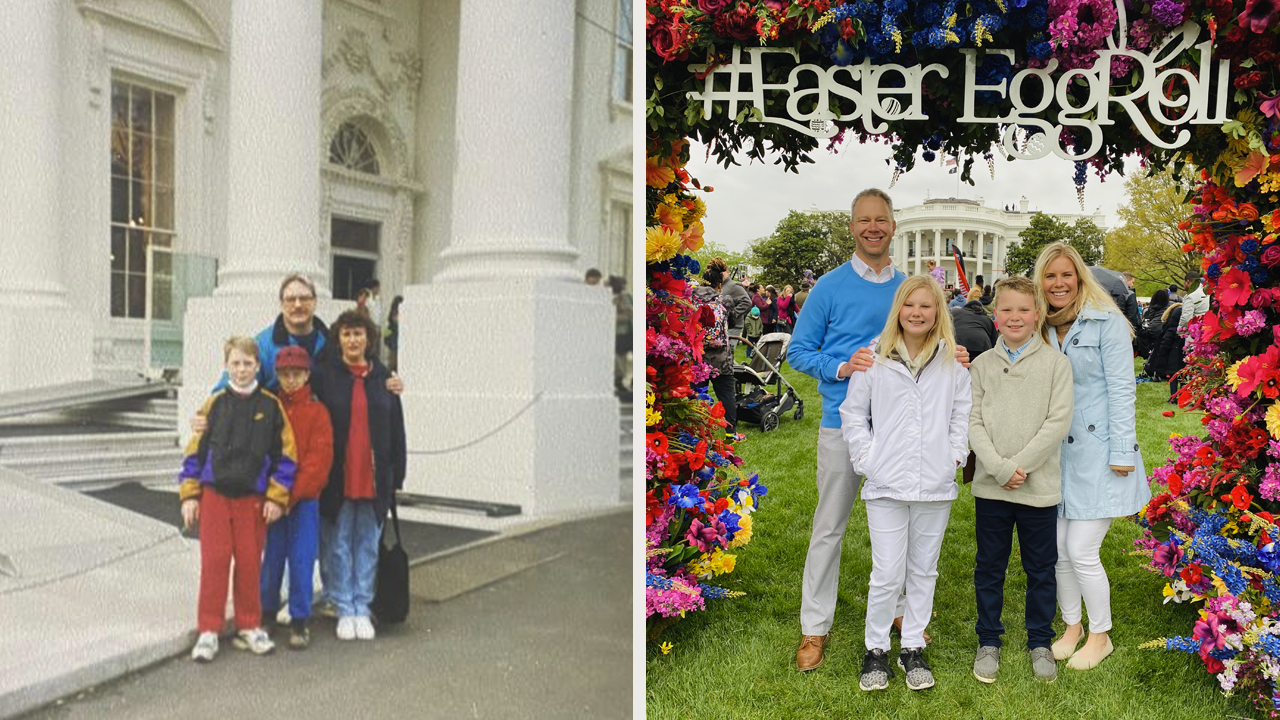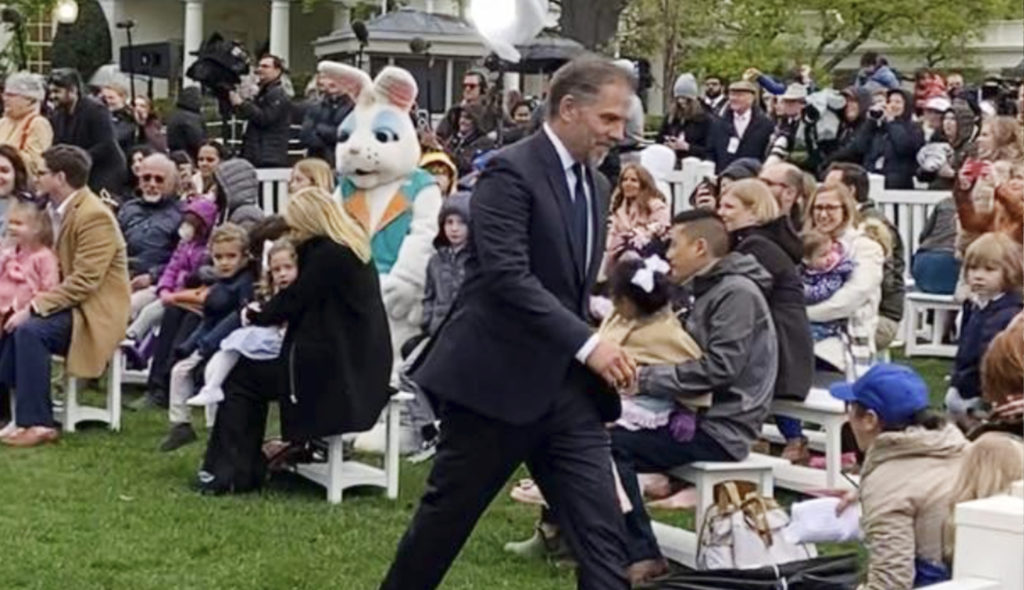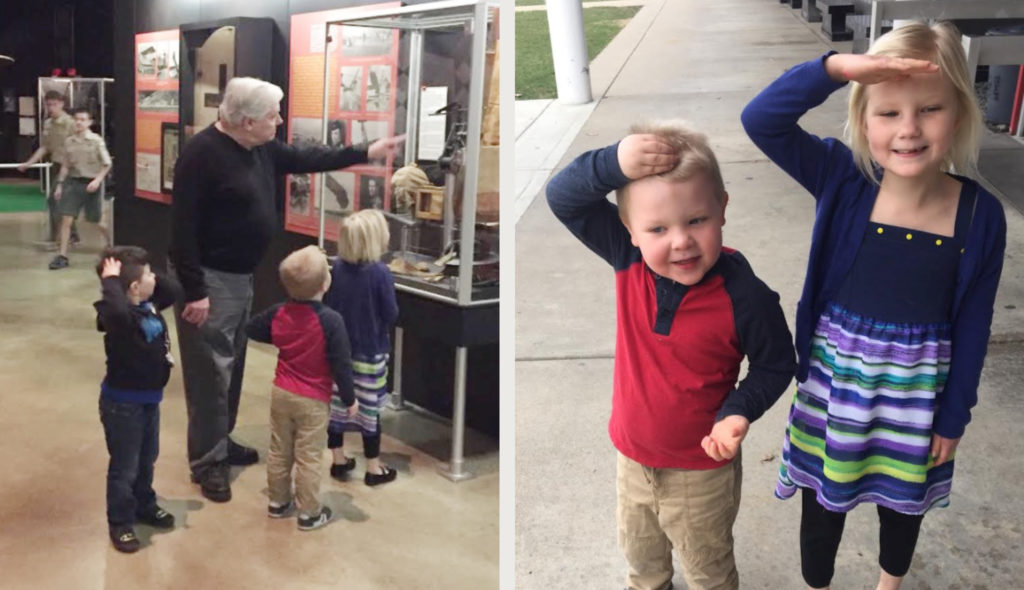
Post written in partnership with Barbie®
Not all dads grew up playing with dolls, but it’s never too late to start an activity that offers them a chance to bond with their little ones in fun, creative ways that can aid their child’s development. According to an October 2020 study from Cardiff University in collaboration with Barbie®, doll play activates brain regions that allow children to develop social processing skills like empathy. These findings show us that doll play can enable children to rehearse, use and perform these skills, which are not only going to benefit them now, but also helps to set them up for future success. Every parent wants their child to grow up to be the best version of themselves they can be, and it all starts with empathy. By playing with Barbie dolls with their kids, dads can help foster this development in their children and have a whole lot of fun doing it. Let’s take a look at some of the ways dads are amazing at playing with dolls.
You’re Already an Expert
Many dads spent their childhoods involved in the same kind of imaginative play as doll play, just with soldiers, action figures, or miniature cars. Playing dolls with kids uses the same creativity and imagination, and you can even incorporate lasers and dinosaurs.
Fresh Perspectives
You’re never too old to try something new. Playing with your child and Barbie dolls offers dads a fun way to bond and create fun adventures! Go on an intergalactic space journey with mermaid Barbie on her magical DreamCamper™, while making friends with space aliens who only eat marshmallows! Let your imagination run wild, and sit back and observe where your child’s mind goes. This experience gives you a glimpse into how they think, and you’ll create goofy memories that will last a lifetime as your child’s brain enjoys the benefits of doll play.
Teachable Moments
Playtime can be a great way for dads to instill some life lessons in your little one. Ask your child if you can join in and let them take the lead. As you role-play with your assigned Barbie doll, infuse some parenting into doll play. For example, if you and your child are pretending you’re at the beach and it suddenly starts to rain, suggest a fun way to make the most of it! Since doll play can help foster empathy, using dolls to overcome adversity and setbacks can become a valuable tool in your child’s development.
All the Feels
Playing with Barbie dolls can be a great way for kids to express their feelings which is pivotal to developing empathy. Sometimes, it may be challenging for children to verbalize how they’re feeling. However, through doll play, they’re able to act it out and work through the different emotions, allowing you to assist them in the process. By playing together, dads and kids can explore their feelings through role-playing exercises where everyone feels safe and secure.
Exploring New Horizons
Parents desire for their children to grow up in a world built on kindness and compassion, and Barbie dolls can be a great tool to start fostering that from an early age. According to Dr. Sarah Gerson, the neuroscientist who led the study at Cardiff University, “Dolls like Barbie offer a wide expanse of diverse characters and add-ons like professional roles and uniforms (a judge, a football player, or a doll in a wheelchair), that can help children identify with and imagine an infinite range of scenarios.” Introducing new dolls to playtime with different skin tones, genders, and abilities, exposes children at an early age to diversity, and teaches them about inclusivity in an age-appropriate way they can understand. Since doll play activates the brain region related to empathy even when kids play by themselves, dads can help children develop better versions of themselves even when they’re not actively playing together.
Even though some dads might now have grown up playing with dolls, this research shows that it’s never been a better time to start and challenge yourself to something new. By playing with Barbie dolls, you can help your kid develop into an empathetic, kind leader as they grow older.
You can check out more findings from the Cardiff University and Barbie study here.
Study was commissioned by Barbie (2020). Study was conducted with 42 children (20 boys and 22 girls) ages 4-8 years old with full data captured from 33 children.


















